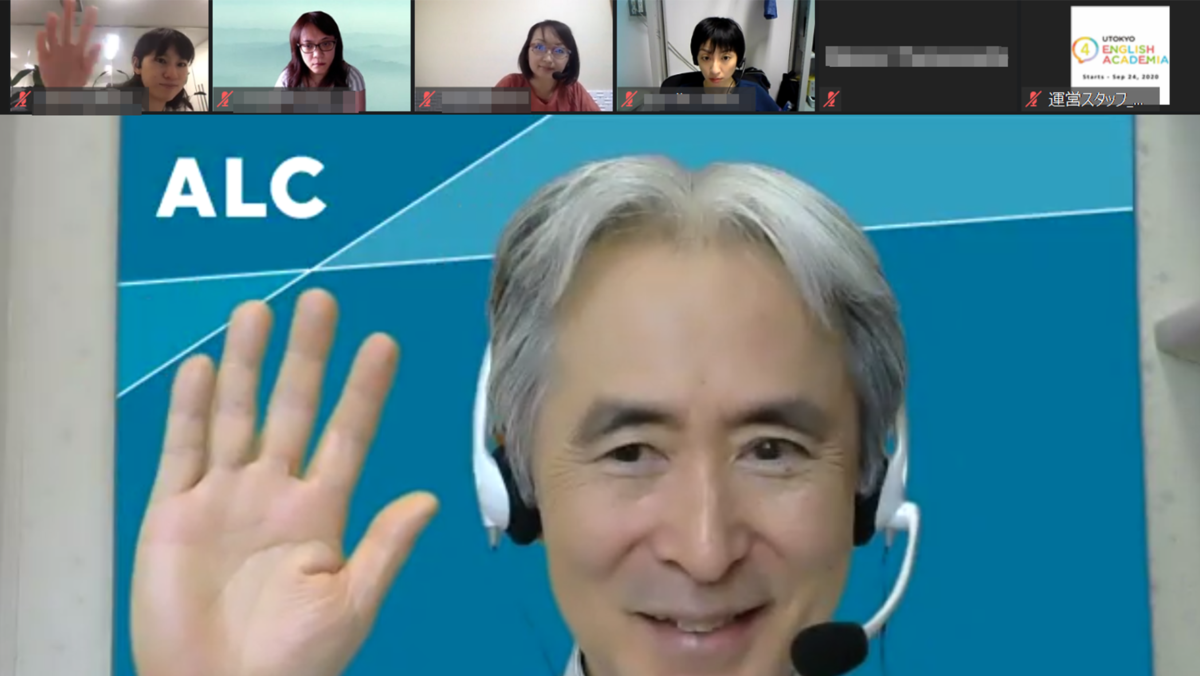<About>
Saturday, February 1st, 2020, 10:00-17:00 @ Fukutake Learning Studio, B2, Fukutake Hall, Hongo Campus
Professional and Global Educators’ Community (PAGE) organized a workshop “Teaching Effectively in English.” We invited Mr. Masakuni Yoshinaka (Global Professional Development Consultant with ALC Inc) as an instructor. A total of 11 participants consisted of graduate students and faculty members at the University of Tokyo.
 The workshop was intended for people with English language skills ranging from intermediate to advanced level who already had an experience of teaching in English or who were expecting to teach in English in the near future. They learned tips on designing a class and dealing with diverse students.
The workshop was intended for people with English language skills ranging from intermediate to advanced level who already had an experience of teaching in English or who were expecting to teach in English in the near future. They learned tips on designing a class and dealing with diverse students.
In the first half of the session, the participants practiced speaking English at a speed that was easy to hear for students. They also worked on the improvement of their self-introduction to make students familiar with them in the first class of a course and to motivate them to actively participate in the class. All the participants made a five-minute presentation to introduce themselves, and the instructor gave detailed feedback to each of them.

In the second half of the session, the participants discussed the reasons for the various behaviors of students with diverse values and backgrounds, and actively exchanged opinions in groups. They deepened their understanding of cultural differences and how to deal with them and also learned about high-context and low-context communication styles.
 Here are some of the feedback we received from the participants after the workshop:
Here are some of the feedback we received from the participants after the workshop:
“Everyone had the opportunity to give a presentation. Good presentations given by other participants made me realize what I need to improve my own. Many of the things I learned here seem to be directly applicable to my usual classes, such as the simulation of the first class of a course.”
“I was attracted not only to the teaching method but also to the personality of the instructor. He always gave us feedback in a positive way. He is a good role model for me.”
“The session focusing on cross-cultural communication was particularly useful. I used to feel a little uncomfortable with some attitudes of international students, but I realized what they meant through the lecture.”

PAGE will continue to hold workshops focusing on the improvement of academic communication skills in English. We sincerely look forward to your participation.
※Click here for a free online program provided by the PAGE project: English Academia.↓
https://utokyo-ea.com
※※Click here for more details of the PAGE project. ↓
https://www.he.u-tokyo.ac.jp/activities/page/




















